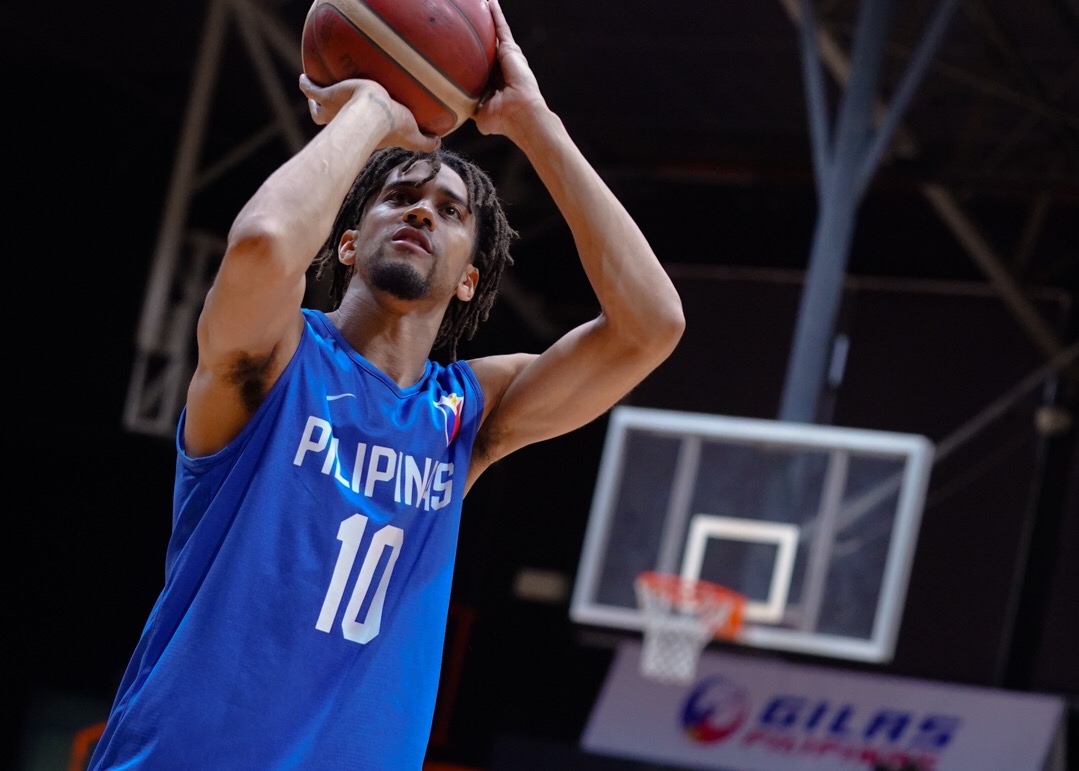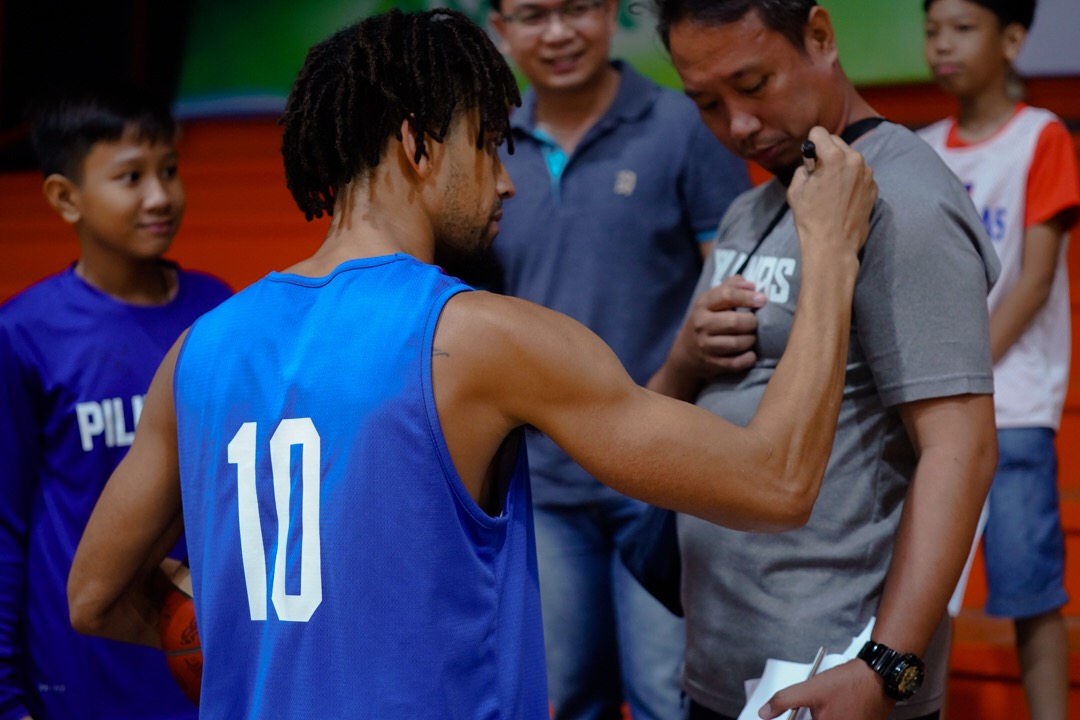Race matters

Photo by Denison Dalupang/INQUIRER
Gabe Norwood was 11 when he was first exposed to racism. It was in a curb in a strip mall in the United States. And he’s sure it wasn’t the last time, except that he refuses to pin precise snapshots of such moments in his memory.
He just knows it happens.
“Whether it was in our travels, being out and about in certain countries. And this is not about being an African-American. It’s just being a person of color and we’re in a different country.”
Norwood, Gilas Pilipinas’ current skipper and its longest-serving standout, has seen racism rear its ugly head in the basketball scene here. It was the reported root of the Australia-Philippines brawl last year. And it came to fore again when veteran forward Arwind Santos directed a racist taunt at TNT import Terrence Jones.

Photo by Denison Dalupang/INQUIRER
And he remains curious about it.
“I didn’t get to sit down and have conversations with people that were rude or anything like that, so [I] don’t know if it’s just their pride in a country and their culture, or it’s just total dislike for someone,” he told the Inquirer.
“Things come a little bit more real with the way you’re perceived,” he said. “Being followed in stores, thinking you’re going to steal, people just assuming that you can’t afford what’s in a store—things like that happened a couple of years ago during a trip to Dubai.”
“It’s stuff that unfortunately you can’t escape being a person of color—anywhere in the world, really,” said Norwood, who was born to an American father and a Filipino mother.
Norwood acknowledges that his worldview was afforded by his privilege. Having a grandfather who served in the military, lived through public school integration and then took an active part in the civil rights movement, he said, has helped him synthesize the intricacies of an antiquated belief.
“I [lived] in Hawaii, Virginia, Pennsylvania, Texas. It equipped me a little bit differently in terms of being able to travel and being able to understand cultures,” he said.
But when others refuse to understand, or become dismissive, it can be frustrating.
“It’s hurtful to have to continue to have conversations about it,” he said, especially when “some people like to say ‘brush it off,’ ‘it’s not a big deal.’”
It is. And the irony, according to Norwood, is that the Philippines’ veneration of basketball includes its embrace of the sport’s Black American culture, with fans following its leads in subcultures like sneakers and music, and the hip-hop lifestyle.
“It’s a little shocking sometimes because naturally, I would think that Filipino culture loves the game of basketball so much and its characters, which [mostly] African-American,” he said. “And I feel like they have a natural, really genuine attraction to [African-American] culture—whether it’s in music, style—or anything.”
“I think it’s a little different here in terms of the education of things,” he said. “I’m sure just as much in the States, we didn’t learn about Filipino history. So I’m guessing a lot of US civil rights moments aren’t touched upon in school here.”
An 11-year PBA veteran, a two-time champion who has three children with Filipino-Iranian wife Lei, Norwood admitted to himself also making adjustments to understand.
“The way we carry ourselves, I think it comes with a lot of responsibility,” he said.
And at a time when information is basically at everyone’s fingertips, Norwood feels that doing so shouldn’t be hard.
“The education is out there if you want to go and search for it—if it matters that much to you,” he said.